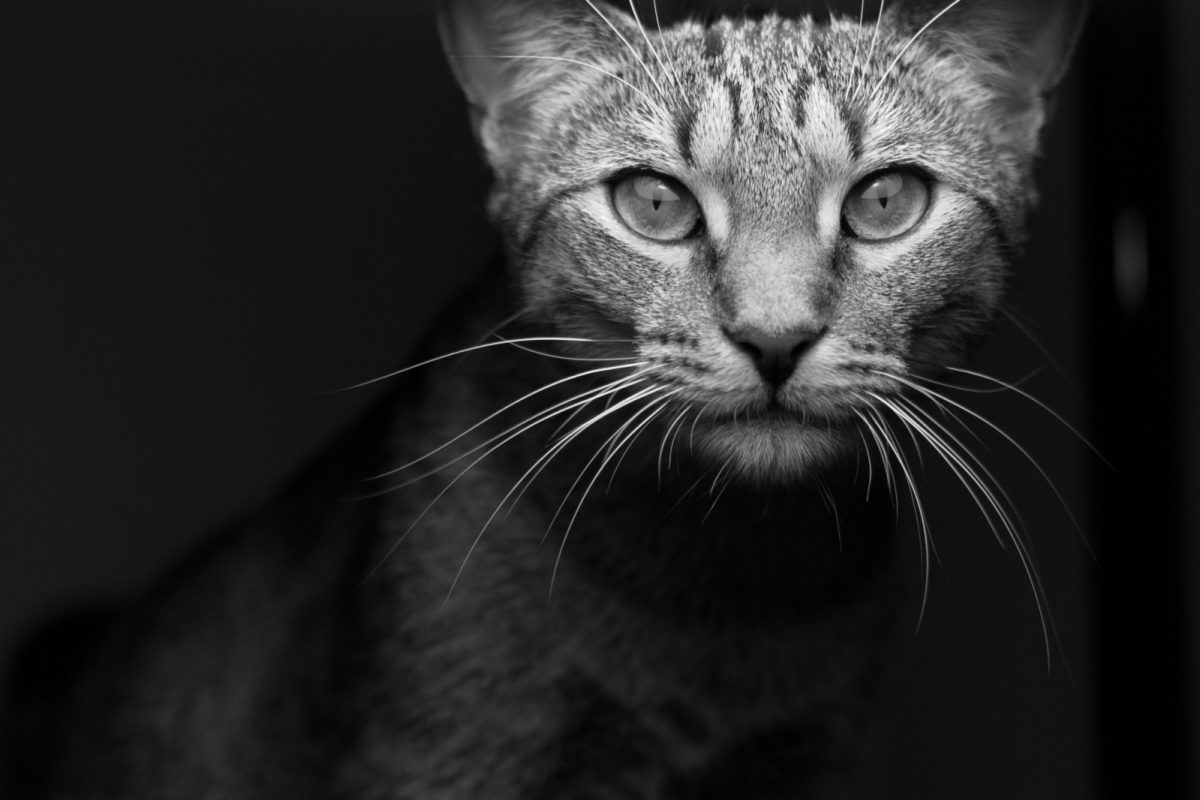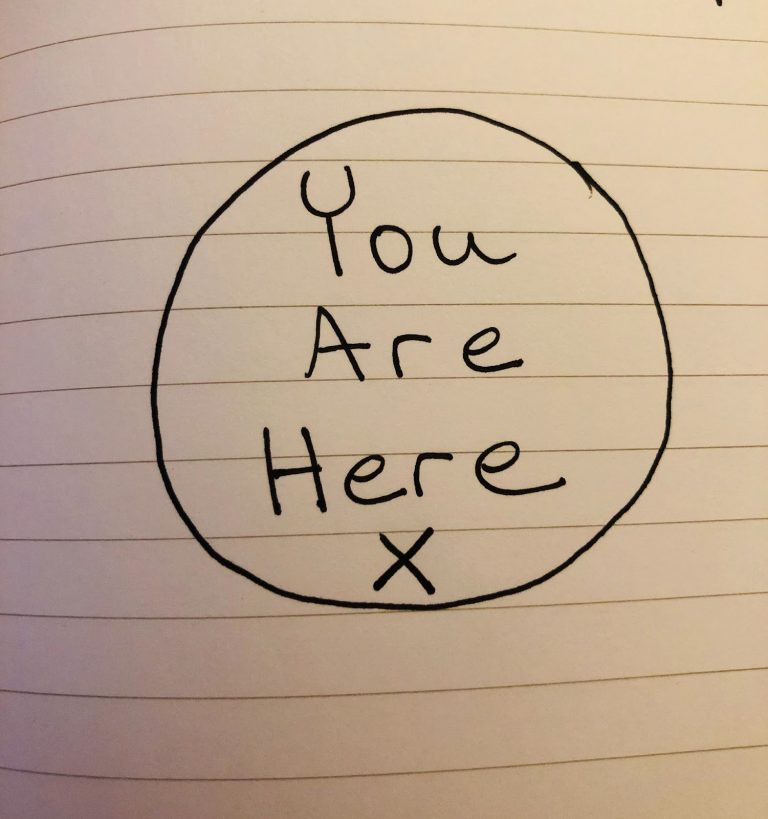
“In the pictures you can see Craig Gibsone, our feral elder, cutting the ribbon,” wrote Britta Schmitz on the Instagram page of The Findhorn Foundation in November, 2020. I read that post and immediately texted my friend Gayle: “I have a new life goal: feral eldership.” This is for Gayle.
To become an elder is not to simply grow old, but to grow in wisdom and experience. To become an elder, one must first become an adult, a rite of passage that many in their 30’s, 40’s, and 50’s have never truly completed. A society full of overgrown adolescents, we have lost touch with the threads which connect us to our ancestors, our Earth origins, our humanity.
An elder is one who continues to weave those threads, and who knows how to pass that knowledge down to others. An elder sees life from many sides and looks beyond the partisan, polarized worldview typical of a young one trying to make their way in the world. An elder thinks forward for several generations, and listens backward for even more.
I only wish to become old if I can also become an elder.
The term “feral” came about in the 1600’s, when humans in Europe began to see themselves as increasingly separate from nature, during a period grossly misnamed as “The Enlightenment.” Feral means to return to being wild, which is to say to become undomesticated, which is to break away from the trappings of The Enlightenment’s culture, which is become more fully human.
A feral cat is a domesticated house cat which lives free from human domiciles and is not “owned” by anyone. This is distinct from a wild cat, which cannot be feral for she was never domesticated in the first place; she never allowed herself to be owned, and generally aims to escape being caught as well. Humans have domesticated ourselves, and each other, via a progressive disconnect of our societies from nature’s rhythms. Not all humans have done this willingly, but none are left untouched by the effects of this movement.
“Partly by default, partly by design, all of nature is now in the process of being domesticated — of coming, or finding itself, under the (somewhat leaky) roof of civilization. Indeed, even the wild now depends on civilization for its survival,” writes Michael Pollan in The Botany of Desire, in which he explores the ways that plants have, in fact, domesticated us.
Domestication, then, is not all bad — but it is blinding. Paradoxically, as it increases our interdependence, it also keeps us from seeing that we are not separate. It tricks us into thinking that we, the house cat, the feral cat, and the wild cat, are not in the same family.
To become a feral elder, then, is to gradually unravel the trappings of industrialized society while actively weaving together threads of connection, resiliency, and respect for life. This process can be begun at any age, and there is no final test for arrival at a discernible goal. Nevertheless, it is a worthwhile journey.
Here is my ten-step plan — my advice to myself, and you, if you’ll have it — to become a feral elder:
1. Pee in gardens and wild places everywhere. Poop there as well. Respectfully. Don’t pee on the leaves. (I once peed in Craig Gibsone’s garden — a great honor — after he invited me to nitrogenate the kale outside his whiskey-barrel house.) Don’t poop where you eat. For heaven’s sake stop pooping in clean water. Squat regularly; this is a healthy human activity. Get low to the ground, empty your bowels, and nourish the soil. Be wary of thorns and creepy-crawly things and take care of your nether regions and their boundaries. Recognize that “waste” is a false construction of those who have forgotten their connection. Everybody poops.
2. Dance. Anywhere and everywhere. Secretly and openly. Playfully and seriously. Sensually and rigidly. Together and alone. Let your liver lead. Stamp your feet (if you have them). Wave your hair (if it’s still there). Tell a story with your body that has no ending. Dance to music and make the music from your dance. Dance like you’re being deeply witnessed by someone who honors your soul and wants to see more. Dance with your eyes closed. Dance in front of mirrors and flirt with yourself. Dance with trees, rivers, rocks, and stones. Micro dance and macro. Let your body sing.
3. Save seeds. Be saved by seeds. Pay attention. Get to know one place, one plant, over the course of several seasons, several years, several decades, several generations. Observe what you like and what does well, and cultivate more of that. Maintain a sacred relationship between humanity and the plant lineages who have agreed to domesticate us. Thank these ones who are our partners by propagating the best of them. Cultivate seed sovereignty. Circulate this life force which was never meant to be bought and sold. Revel in the paradox: domesticated plants are part of your path to becoming feral.
4. Primal scream. There are very few places where it is safe to do this without alerting authorities or alarming your neighbors. Find a place. Ideally, find a place where you can be lovingly witnessed. A private place is good to start, but being witnessed in your rage, in your agony, will set you free. There is so much to scream about, so much anguish and terror, so much aching from our ancestors and the Anthropocene. Don’t let that lay dormant in your body where it will eventually cause disease. Don’t save it up and lash out unexpectedly. Scream your heart out.
5. Say “no.” A lot. Say no to anyone who doesn’t treat you right, to anything that drains your life, to anything your body rejects. Say “no” as an act of faith that your “no” is really a “yes” to something you haven’t even been able to imagine yet. Say no to mediocrity and the status quo, say no to inner critics and outer foes. Say no to pesticides and to planting in rows. Say no to boxes and squares of any kind. Say no to standing in line. Say no to the dominant paradigm.
6. Say “yes” often. Say “yes” to things that are outside your comfort zone but inside your zone of growth. Say yes to homemade cookies and homey cuddles. Say yes to skillful lovers and stomping in puddles. Say yes to whims and flights of fancy. Say yes to fairy tales and unexpected romancing. Say yes to awkward conversations. Say yes to being the odd one out, and to being part of something larger than yourself. Say yes to gardening in the rain. Say yes to the long, slow, patient slog of the day to day. Say yes to the magic in the in-betweens.
7. De-colonize your mind. You may have to navigate the system, but you don’t have to be like it. Extricate your sense of worth from your productivity. Refuse to believe in human superiority. Remove the industrial overlays, the smoggy haze. Remember your place in the family of things and blur the boundaries of self and salmon and salamander and squid. Un-do your insistence on measurable outcomes. Hang out in riparian zones. Break free from straight lines. Liberate a lawn with seeds of wild thyme.
8. Follow your dreams. Dreams are not hopes, wishes, or best-laid plans; dreams arise from far beyond your known map of the land. They are not vision boards or conscious intentions, they are windows into the Mind of G!d and should be treated as nothing less. Your dreams began before you began, and they dreamed you into being. They are guardian angels and magical serums. When they don’t make sense to your linear mind, that’s the best kind — follow them.
9. Tend to your ancestors. Even if you don’t know who they are, they know you. Don’t be afraid to ask them questions. Don’t be remiss in offering them gifts. Find out what kind of cake they like, and make it often. Invite them to tea. Visit their graves, or blow them prayers on the wind. Set boundaries with them and hold them accountable; they will surely do as much with you. When it’s your time to die, have your body wrapped in a mushroom suit and offered back to the land from which your people came, in honor of future generations. Live so you’re ready to greet them on the other side with your head held high.
10. Dispense with ten-step plans; you’re not the one running the show, anyhow.
Originally published at http://www.ecospiritualeducation.com on December 23, 2020.




